June 23, local time, a historic collaboration has begun at EU headquarters in Brussels. Canadian Prime Minister Mark Carney and EU leaders have officially signed the eu-canada Security Partnership Agreement, announced that Canada will participate in the EU up to 150 billion euros“Rearm Europe” plan.
The ink on the deal is not yet dry, and Donald Trump in Washington may be feeling a slap in the face. After months of threatening to make Canada the“51st state of the United States”, the US President has watched his closest neighbour fall into the arms of Europe.
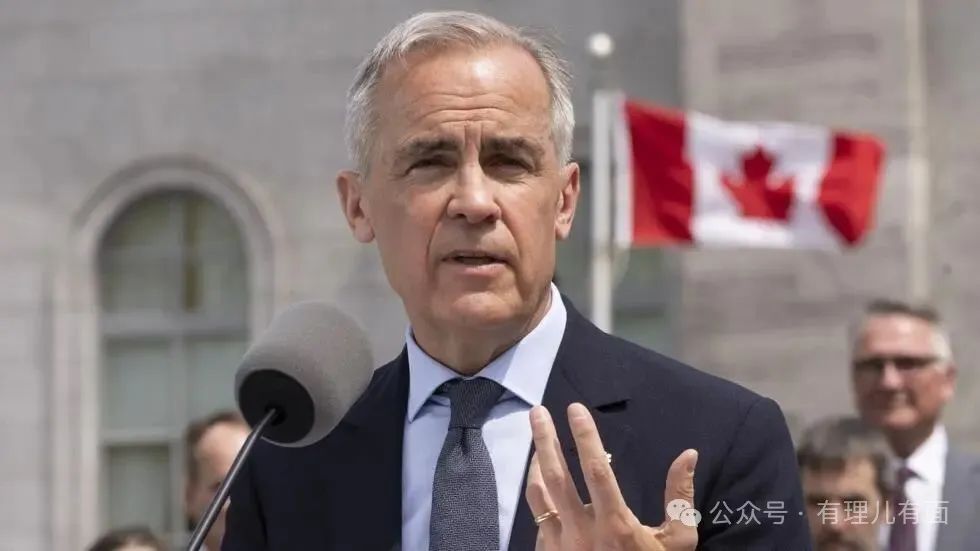
From “The 51st state” to “European partners”: Kearney’s spectacular turnaround
Kearney gave Donald Trump a mixed punch in Brussels. “We want to build trade relationships with like-minded partners, reliable partners,” the Canadian Prime Minister said bluntly at a news conference. That goes without saying — the United States is clearly no longer on the list of“Reliable Partners.”.
More intriguingly, when asked if he was more at home in Brussels than in Washington, Kearney tactfully deflected the question, making fun of the hot and humid weather, “I’m sure dinner will be better in Brussels,” he joked. The message behind this diplomatic rhetoric could not be clearer: the EU’s embrace is clearly warmer than Trump’s threats.
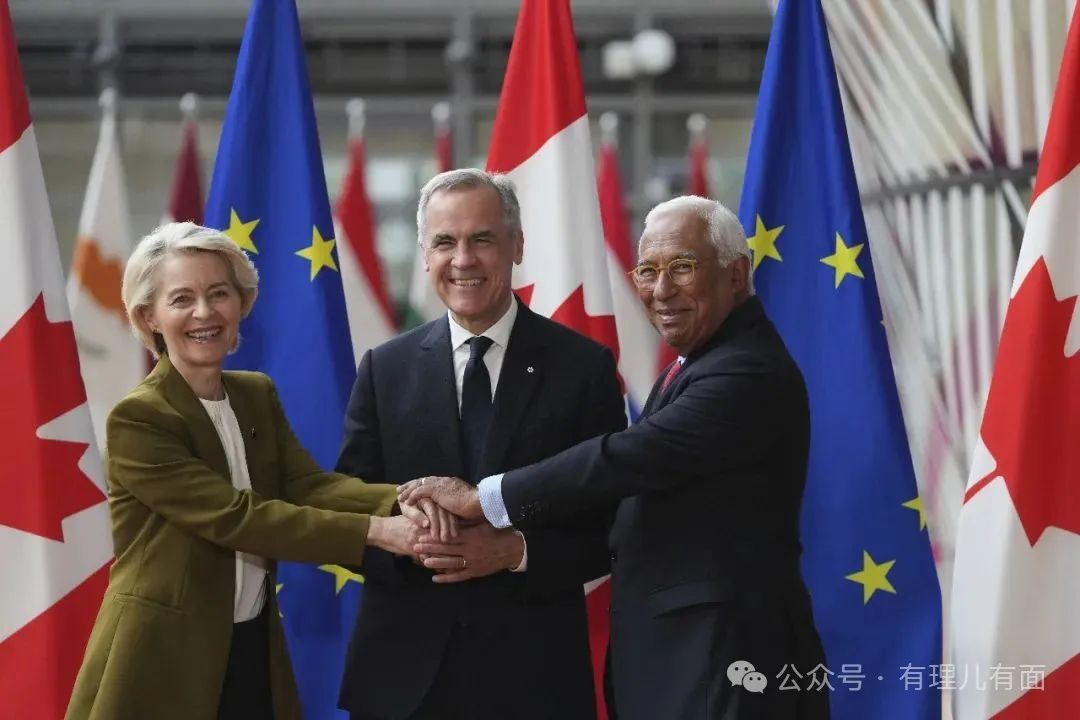
The defection was not sudden. Back in March, when Donald Trump repeatedly publicly threatened to annex the country, the Kearney administration was in secret contact with the EU. A senior Canadian official said at the time that Ottawa was in talks with Brussels to join the EU’s defence procurement system with the aim of“Breaking its security dependence on the US”.
The strategy is now as relevant as a member of NATO in the Cold War. <loc_0> , which shares more than 8,800 km of its border with the US, is crossing the Atlantic in search of a new military partner, a public slap in the face of Donald Trump’s “America first” strategy.
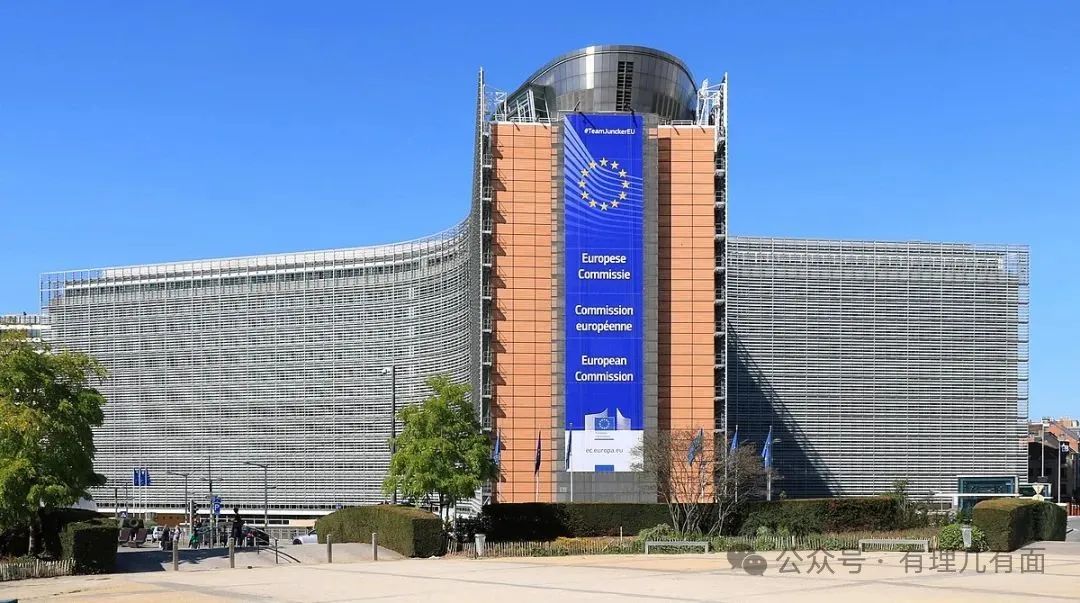
A $150bn“Break fee”: the EU’s elaborate scheme
The“Co-opting” behind the operation is the European Commission President von der Leyen carefully designed strategic chess game. Her“Rearm Europe” programme, with a total investment of $800bn, of which $150BN is earmarked for defence procurement.
Crucially, the money has strict“Exclusivity” clauses: 65% of the production must come from European manufacturers, with the US arms giant explicitly excluded. This is not just economic competition, but a direct challenge to American Military–industrial complex.
“The door is open for canadian-european joint military purchases after the summit,” von der Leyen told Kearney at a tender moment, in effect, you are sending a clear signal to Donald Trump that your allies are voting with their feet.
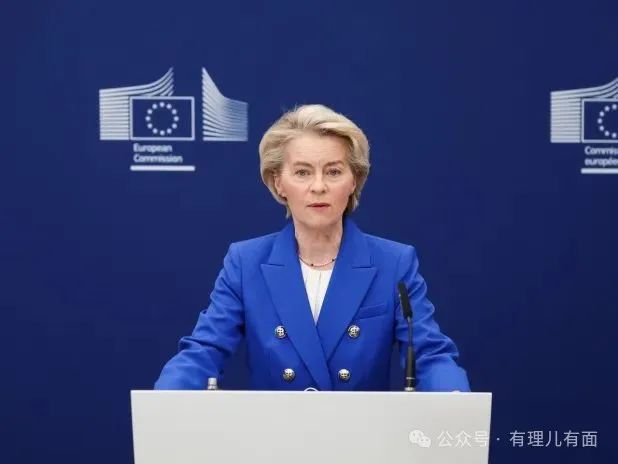
Antonio Costa, the President of the European Council, was even more direct when he said that Canada and the EU “See the world through the same lens”, an identity that the Donald Trump administration lacked. While Washington still treats its allies with tariff threats and annexation threats, Brussels has shown the United States what it means to be an“Equal partnership.”.
The “Infidelity” of the defence business: a Canadian reality abacus
Behind this“Betrayal”, of course, there is no lack of real money considerations. Canada has long relied almost entirely on the United States for its military procurement, with much of Ottawa’s budget going to Washington, from F-35s to missile systems.
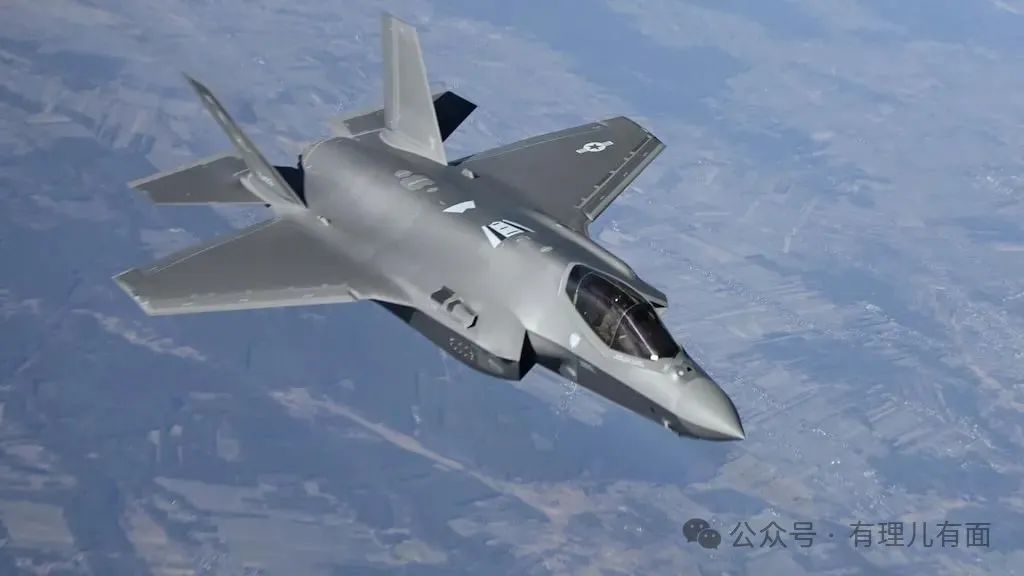
But after Donald Trump came to power, a series of operations, let Canadians completely cold. First it got bogged down in export licences for military equipment, then it set up barriers to the transfer of key technologies, and finally it threatened outright annexation. This“Protection fees more and more, protection is less and less” routine, and finally forced Canada decided to vote for a new owner.
Under the terms of the new agreement, Canada will not only be able to participate in the European fighter aircraft manufacturing program, but also to obtain the full authorization of European Union defense technology. More importantly, this kind of cooperation is based on equality, there is no“Big brother-little brother” subordinate relationship.
The Kearney administration has made it clear that it will review plans to buy American F-35 fighters and consider European alternatives. This is a huge loss for the US military-industrial complex-canada’s arms purchases are not the biggest, but their demonstration effect in the west is priceless.
The “Internal division” of the NATO system: Donald Trump shot himself in the foot
The irony is that this“Defection” took place just before the NATO summit. The day after signing the EU deal, Kearney was due to travel to The Hague for a NATO conference on raising defence spending targets from 2 per cent to 5 per cent of GDP.
The timing is clearly no coincidence. The balancing act of cajoling the EU while continuing to work with the US within NATO is a perfect illustration of Donald Trump’s foreign policy failure.
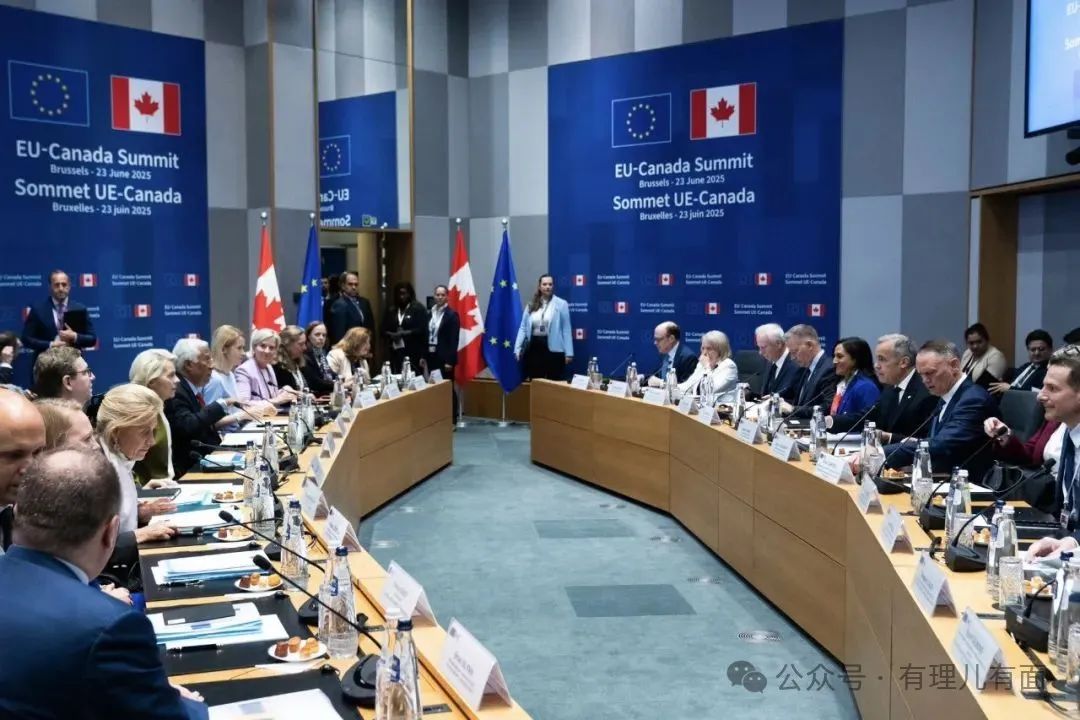
“NATO remains the cornerstone of our collective defence, but this partnership will allow us to step up our military preparedness faster and better,” said Costar, the president of the European Council, at a press conference, nATO belongs to NATO, but the EU needs its own“Coterie”, which has now“Turned” America’s closest ally.
This“One Ring, two systems” defence arrangement poses a direct challenge to US dominance of the NATO system. Donald Trump has gone to great lengths to get his allies to increase their military spending, only to have it end up in European arms companies?
The chain reaction has begun: more traitors are on the way
Canada’s“Mutiny” is just the beginning. Traditional US allies such as Australia and New Zealand are also closely monitoring the development and considering a similar“Diversification” strategy, according to people familiar with the matter.
After all, the risks of putting all your eggs in one basket are already fully exposed. The vagaries and bullying of the Donald Trump administration have made “Aggrieved” allies aware of the need to look for “Backups”.
On the economic front, the EU’s“Rearmament” programme provides a huge alternative market for the global arms industry. European defence companies are more attractive in terms of technological sophistication and openness to co-operation than their American Military–industrial complex.
Donald Trump once derided European countries for “Relying on the US for security while taking advantage of it for trade”. Now the Europeans are responding to“America first” with action: we need to not only rely less on you for security, but also compete with you in the arms trade.
The“De-americanization” of the west, which began in Brussels, is probably just beginning. Donald Trump’s “America first” could turn into “American isolation”, and it is all self-inflicted.
Donald Trump, who had threatened to make the country the “51st state”, now sees it as the EU’s “28th partner”. This was intended to show the authority of the“Feast”, and eventually turned into an embarrassing“Farewell dinner.
Images from the network